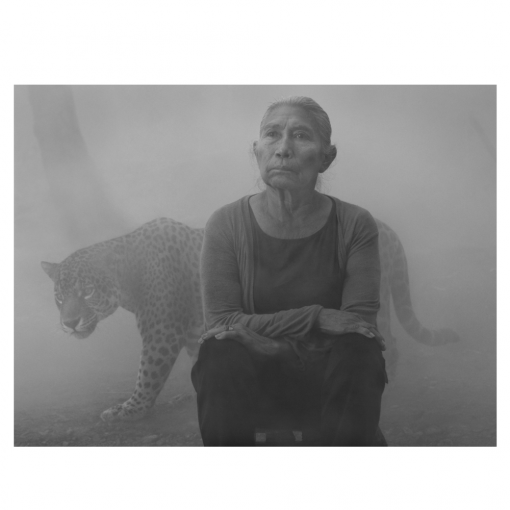JUANA AND HERNAK, BOLIVIA
Nick Brandt4.500,00 €
Juana grows peanuts and beans on about two acres. But the increased incidence of both droughts and floods, extreme heat and then cold, and winds, has dramatically impacted production. Lost harvests, once upon a time extremely rare, have become common for all of the farmers around her.
The river by her has also become so contaminated due to mining, that now not even the fish can be eaten safely. That contamination, and the sheer amount of plastic pollution, has resulted in much reduced fish populations.
Juana is also a naturopath, using plants from the nearby forest, which is a knowledge passed down through generations. Seventy-seven years old at the time of photographing, she had an energy and radiance of someone much younger, and like all the people in these photographs, was unfailingly gracious and patient.
Hernak, photographed when he was aged seven, was being sold on Facebook (sigh), when he was a just a baby, after the mother was killed. He was sent to the city of Santa Cruz, where he was kept in a temporary animal shelter. While there, he had surgery for a fecal impaction, and during recovery Hernak opened the stitches. He was found in the morning with his intestines exposed and was rushed to the hospital. Somehow, he survived this.
Hernak now lives in a large enclosure on a forested hillside at Senda Verde. Like Tarkus the bear, he seems endlessly curious and energetic.
As always, the reasons for the decline in jaguars is multifaceted: habitat destruction from deforestation to an increasing number of wildfires; killing by livestock owners who pay their employees extra to shoot them, to feed an increased demand from China for the fangs of the jaguars. The supposed good luck, fortune, protection, and vitality offered by jaguar teeth—merely an extension of the Chinese belief that Asian tiger parts offer the same benefits—is at the heart of the demand. Offering $100 to $400 per tooth for jaguar fangs, the money to be made is too hard for many to resist.
In addition to the skins and skulls, even the testicles are prized in China—as an aphrodisiac. (This is as insane as believing the same about rhino horn.) Chinese companies are going into partnership with the Bolivian government, stripping National Parks of resources, which makes matters worse.
With the cooperation of the local prison system, Chinese nationals have created a thriving industry in which inmates are forced to create products such as purses and bags from threatened wild animals.
Even though it is illegal in Bolivia to kill, consume, or traffic wild animals, the level of enforcement is frustratingly minimal, especially in national parks, where many of the nation’s wild and threatened animals live, and where poachers operate freely.
Other works from the artist
-
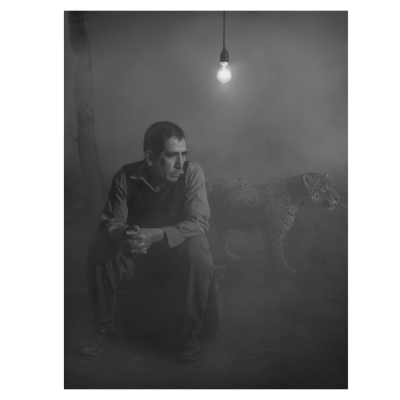
LUIS AND HERNAK, BOLIVIA
7.800,00 € Nick Brandt Add to cart -

Maria by Reef
4.500,00 € Nick Brandt Add to cart -

Petero by Cliff
11.500,00 € Nick Brandt Add to cart -

Onnie and Keanan on the Seesaw
11.500,00 € Nick Brandt Add to cart -

Paul
4.500,00 € Nick Brandt Add to cart -
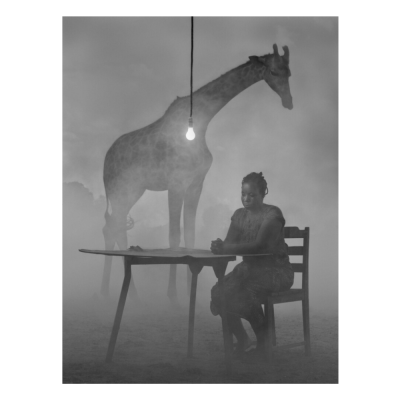
KUDA AND SKY I, ZIMBABWE
7.800,00 € Nick Brandt Add to cart -

Serafina holding her brother Keanan II
7.800,00 € Nick Brandt Add to cart -
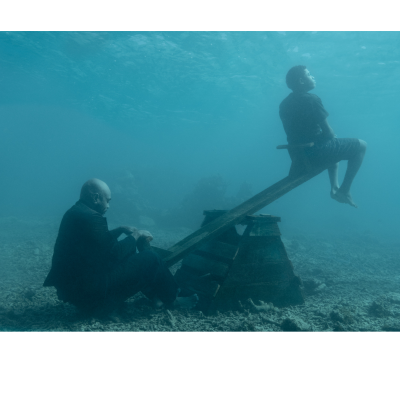
Joel and Petero on Seesaw
7.800,00 € Nick Brandt Add to cart -
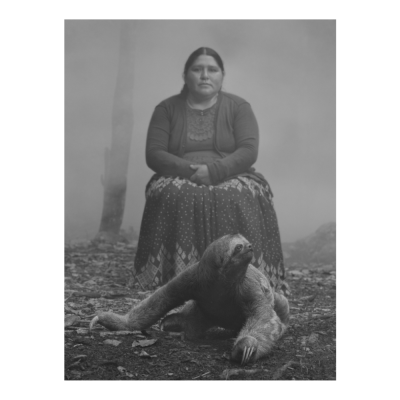
CARMEN AND ZOSA
7.800,00 € Nick Brandt Add to cart -
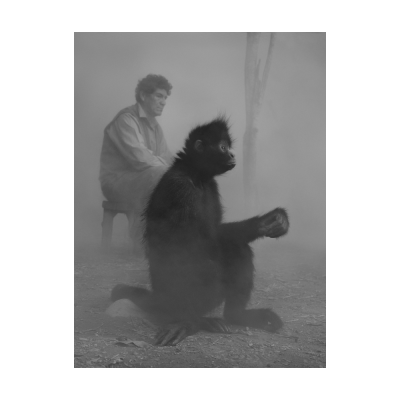
LUCIO AND CHASCAS, BOLIVIA
7.800,00 € Nick Brandt Add to cart -

Serafina at Table
11.500,00 € Nick Brandt Add to cart -

Joel by Cliff
7.800,00 € Nick Brandt Add to cart

